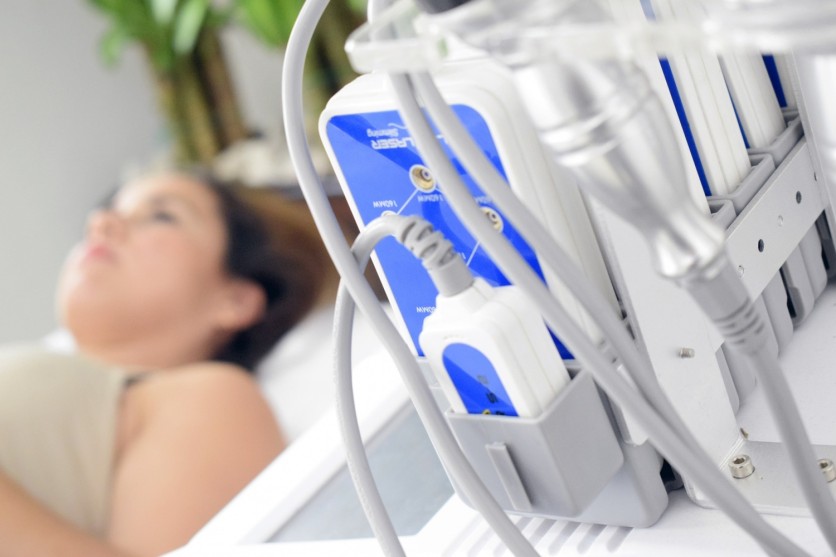A new study has found that artificial intelligence (AI) algorithms have shown promise in predicting the risk of breast cancer.
The study, which involved a large sample of mammograms, demonstrated that AI algorithms outperformed the standard clinical risk model in forecasting the five-year risk of breast cancer.

AI Model Predicts Breast Cancer Risk
Traditionally, a woman's risk of breast cancer is determined using clinical models such as the Breast Cancer Surveillance Consortium (BCSC) risk model, which takes into account various factors including age, family history, childbirth history, and breast density.
However, these clinical models often rely on data that may not always be readily available or collected.
Lead researcher Dr. Vignesh A. Arasu, a research scientist and practicing radiologist at Kaiser Permanente Northern California, explained that recent advancements in AI deep learning have provided the ability to extract numerous additional features from mammograms.
This breakthrough prompted the study to investigate the potential of AI algorithms in enhancing breast cancer risk prediction.
The study utilized data from negative 2D mammograms conducted in 2016 at Kaiser Permanente Northern California.
The researchers selected a representative sub-cohort of 13,628 women for analysis, and an additional 4,584 patients who were diagnosed with cancer within five years of their mammogram were included. The women were followed until 2021.
The five-year study period was divided into three segments: interval cancer risk (cancers diagnosed between 0 and 1 years), future cancer risk (cancers diagnosed between 1 and 5 years), and all cancer risk (cancers diagnosed between 0 and 5 years).
Five AI algorithms, including two academic algorithms and three commercially available ones, generated risk scores for breast cancer based on the 2016 screening mammograms. These risk scores were then compared to each other and to the BCSC clinical risk score.
Read Also : Magnetic Seed for Breast Cancer Operations Now Utilized in Providence Breast Center, First in B.C.
AI Vs BCSC Risk Model
Dr. Arasu revealed that all five AI algorithms performed better than the BCSC risk model in predicting breast cancer risk over the five-year period.
This suggests that AI has the potential to identify both missed cancers and breast tissue features that aid in predicting future cancer development. However, the exact mechanisms by which AI achieves this predictive performance remain a mystery.
Interestingly, some AI algorithms excelled in predicting high-risk patients who may require additional screening or follow-up imaging. When assessing women with the highest 10% risk, AI predicted up to 28% of cancers, compared to 21% predicted by the BCSC model.
Furthermore, AI algorithms trained for short periods, such as three months, demonstrated the capability to forecast cancer risk up to five years ahead, even in cases where cancer was not clinically identified through mammography.
The integration of AI with the BCSC risk model yielded enhanced accuracy in predicting cancer.
The study demonstrates the potential of AI in improving breast cancer risk prediction and providing personalized care to women. However, further research and validation are required before these AI algorithms can be effectively implemented in clinical settings.
With continued advancements in AI technology, there is hope that it could contribute significantly to the field of breast cancer diagnosis and prevention.
The findings of the study were published in Radiology.
Related Article : MIT's New Breast Cancer-Predicting AI Shows Unmatched Accuracy! Identifying Disease Five Years Before Symptoms





